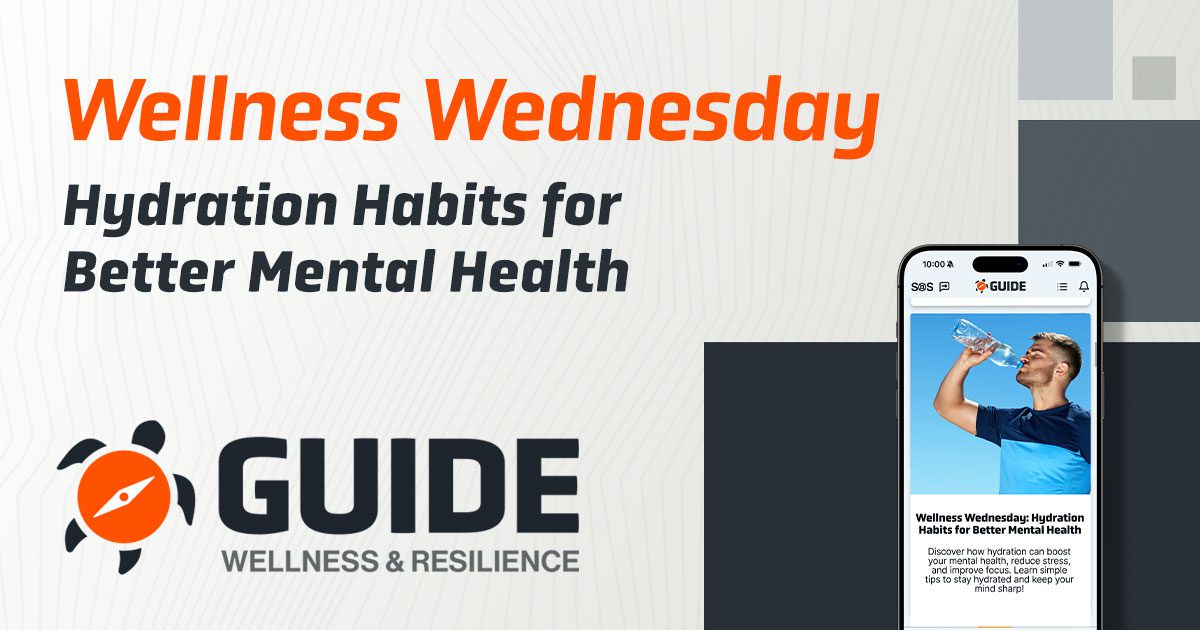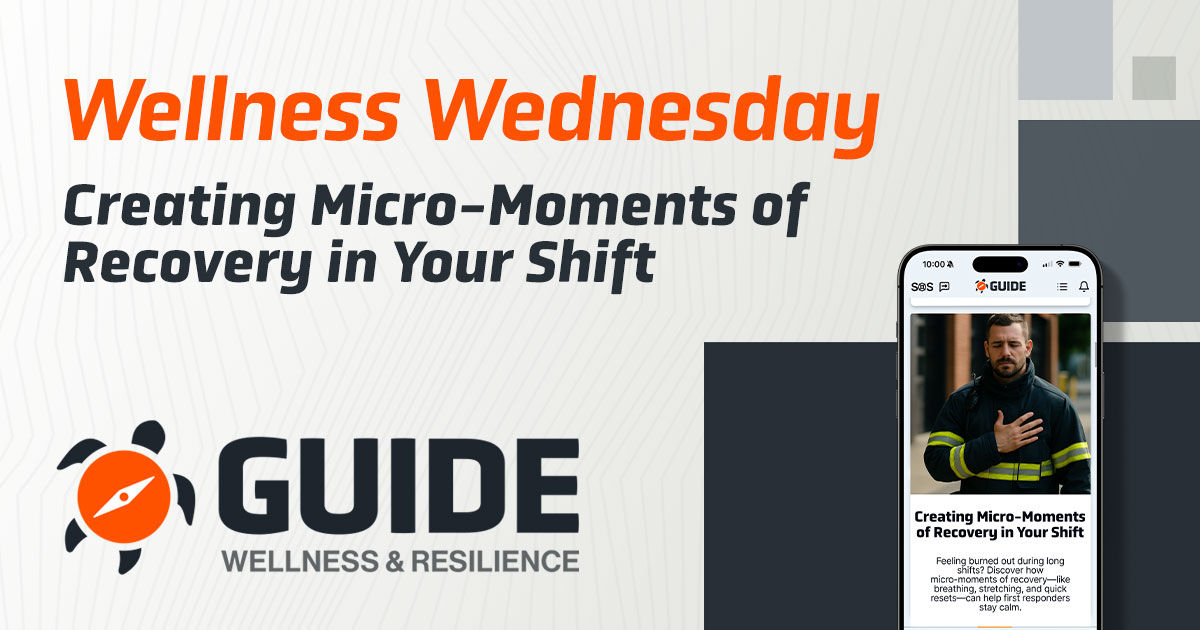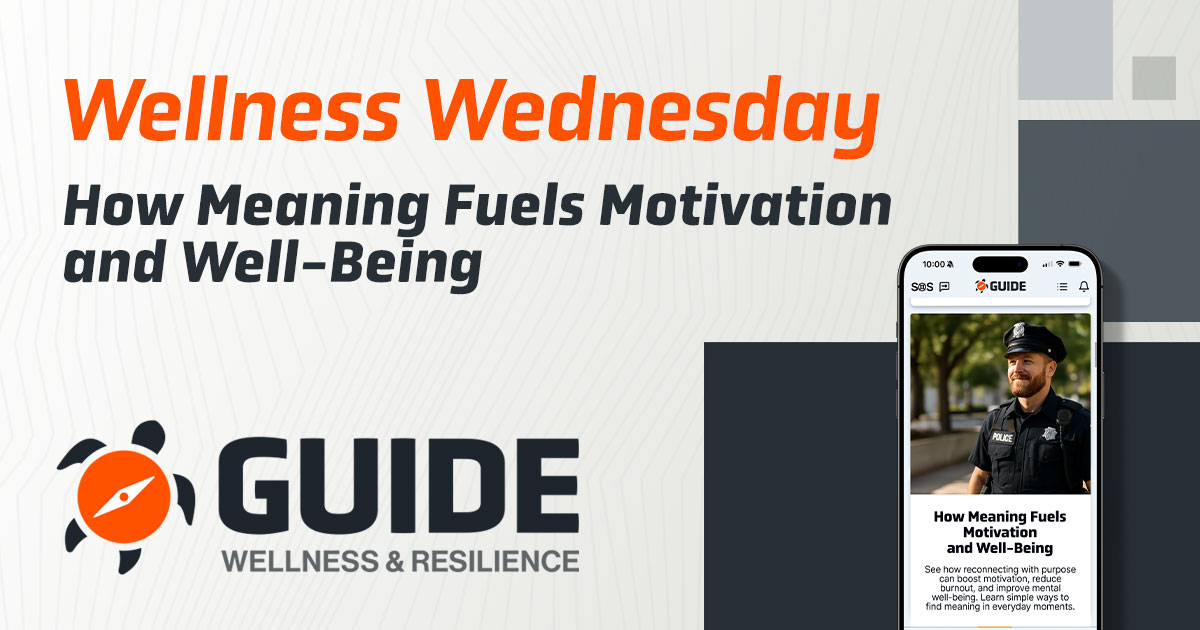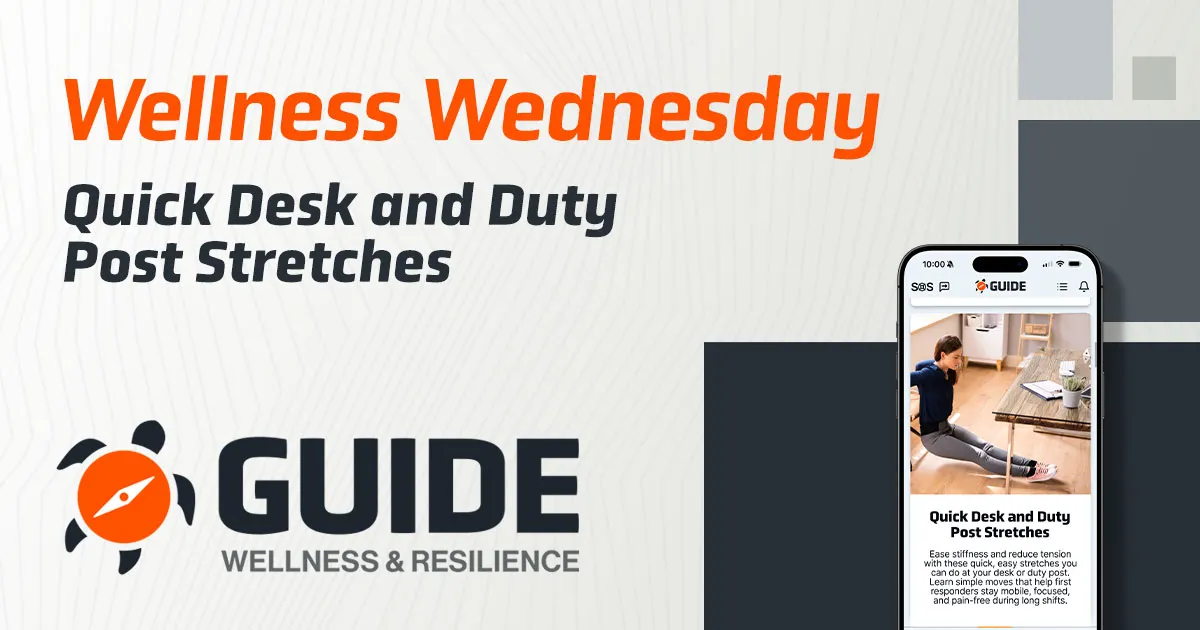When was the last time you stopped to think about what you’re drinking—or not drinking? Believe it or not, staying hydrated isn’t just good for your body; it’s essential for your mental health, too. From improving focus to boosting your mood, water is a powerful ally in the battle against stress and anxiety. Let’s dive into why hydration matters for your mind and how you can build better hydration habits.
Why Does Hydration Matter for Mental Health?
Water and Your Brain
Did you know that your brain is about 75% water? That’s right! When you’re dehydrated, even slightly, your brain starts working overtime. This can lead to:
- Brain Fog: Ever feel like you’re walking around in a mental haze? Dehydration might be to blame.
- Mood Swings: Dehydration can mess with your serotonin levels, leading to irritability or sadness.
- Stress Amplification: When your body is low on water, it triggers a stress response, making you feel more anxious or overwhelmed.
Hydration and Energy Levels
Ever feel tired for no reason? Dehydration might be the culprit. Without enough water, your body can’t efficiently transport oxygen and nutrients, leaving you feeling sluggish and uninspired.
How Dehydration Sneaks Into Your Day
You’d think drinking enough water would be easy, right? But dehydration is sneaky. Here’s how it happens:
- Too Much Coffee or Tea: While caffeine gives you that quick energy boost, it’s also a diuretic, meaning it makes you lose water faster.
- Forgetting to Drink: Busy schedules often push hydration to the back burner.
- Overlooking Signs: Feeling thirsty isn’t the first sign of dehydration—it’s actually a late-stage symptom!
Simple Hydration Habits for a Healthier Mind
Now that we’ve covered why hydration is important, let’s look at how you can stay on top of your water game.
1. Start Your Day With Water
Kick off your morning with a glass of water before you reach for coffee. This helps rehydrate your body after a long night and sets the tone for the day.
2. Keep Water Handy
Out of sight, out of mind, right? Keep a water bottle at your desk, in your car, or wherever you spend most of your time. Seeing it serves as a gentle reminder to sip throughout the day.
3. Add Flavor
If plain water feels too bland, jazz it up! Add slices of lemon, cucumber, or even a handful of mint leaves for a refreshing twist.
4. Use the 8×8 Rule (But Adjust as Needed)
The classic advice to drink eight 8-ounce glasses of water daily is a great starting point. However, factors like activity level, weather, and body size might mean you need more.
5. Hydrate With Food
Yes, you can eat your water! Foods like cucumbers, watermelon, and oranges are packed with hydration and nutrients.
6. Set Reminders
Life gets busy. Set alarms or use hydration apps to remind yourself to drink water regularly.
7. Watch Your Caffeine and Alcohol Intake
Both caffeine and alcohol can dehydrate you. For every cup of coffee or cocktail, drink an extra glass of water to balance things out.
How to Tell If You’re Getting Enough Water
Signs of Good Hydration
- Light yellow or clear urine
- Consistent energy levels throughout the day
- Moist lips and clear skin
Signs You’re Dehydrated
- Dry mouth or chapped lips
- Fatigue that won’t go away
- Difficulty concentrating or irritability
- Headaches
The Emotional Connection to Hydration
Water and Stress
Think of water as your body’s coolant system. When stress heats up your emotions, staying hydrated can help keep you calm and collected.
Staying Hydrated in High-Stress Situations
- Keep a water bottle nearby during stressful meetings or events.
- Take small, regular sips—it can be soothing and grounding.
Building Long-Term Hydration Habits
Here’s the thing about habits: they take time. Don’t expect to become a hydration pro overnight. Start small:
- Replace one sugary drink with water daily.
- Gradually increase your water intake by 1-2 glasses a week.
- Celebrate your progress—every sip counts!
Common Myths About Hydration
Let’s bust some myths that might be holding you back:
- Myth: You only need water when you’re thirsty.
Truth: Thirst is a late indicator of dehydration. Drink before you feel thirsty. - Myth: All liquids count as hydration.
Truth: Sugary or caffeinated drinks don’t hydrate you as effectively as water. - Myth: You can’t overhydrate.
Truth: While rare, drinking excessive amounts of water in a short time can lead to imbalances in your body.
Hydration Tips for Specific Situations
At Work
- Bring a large reusable water bottle to meetings.
- Make water breaks part of your daily routine.
During Exercise
- Drink water before, during, and after your workout.
- For intense exercise, consider drinks with electrolytes to replenish lost minerals.
While Traveling
- Bring an empty bottle through airport security and fill it up after.
- Set reminders to hydrate, especially during long flights or drives.
Water: A Simple Way to Boost Your Mental Health
Staying hydrated might not solve all life’s problems, but it can make them feel a little more manageable. By taking care of your body and giving your brain the hydration it needs, you’re setting yourself up for better mental health and a brighter outlook on life.




